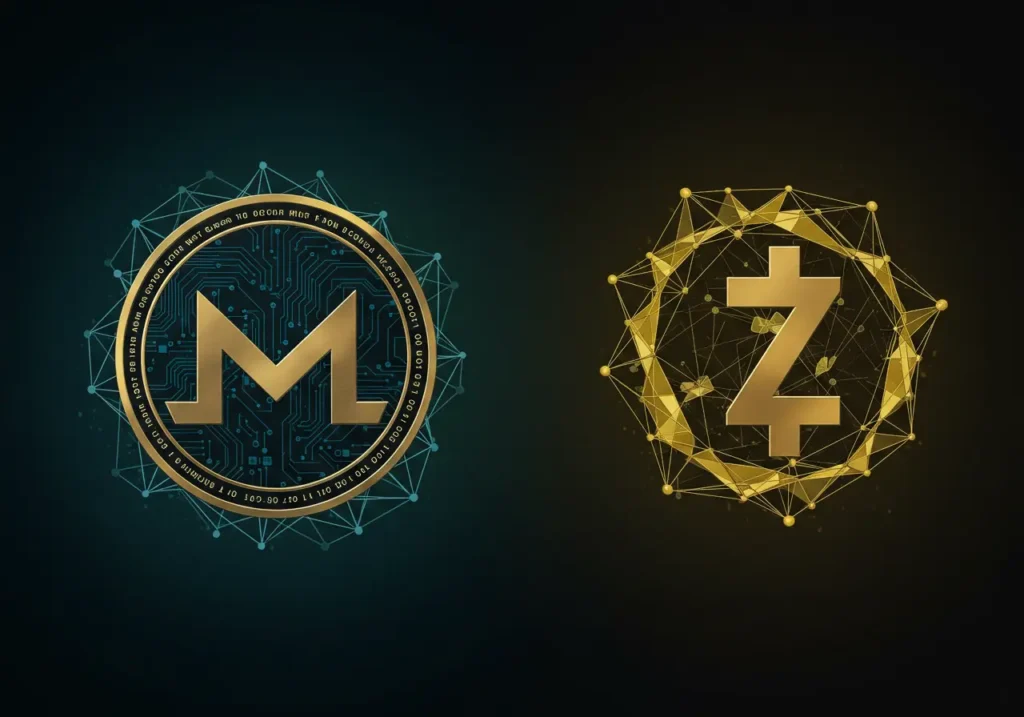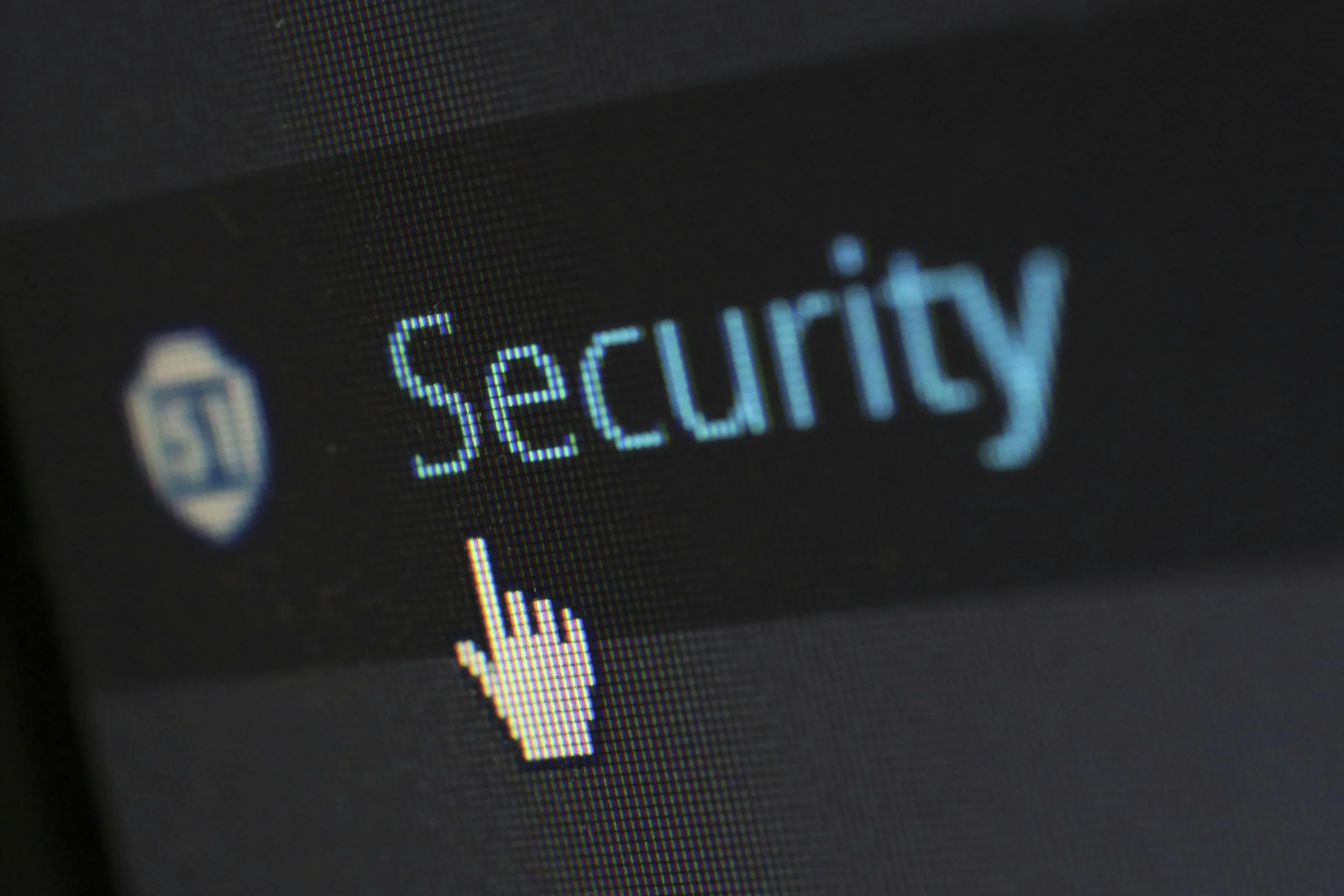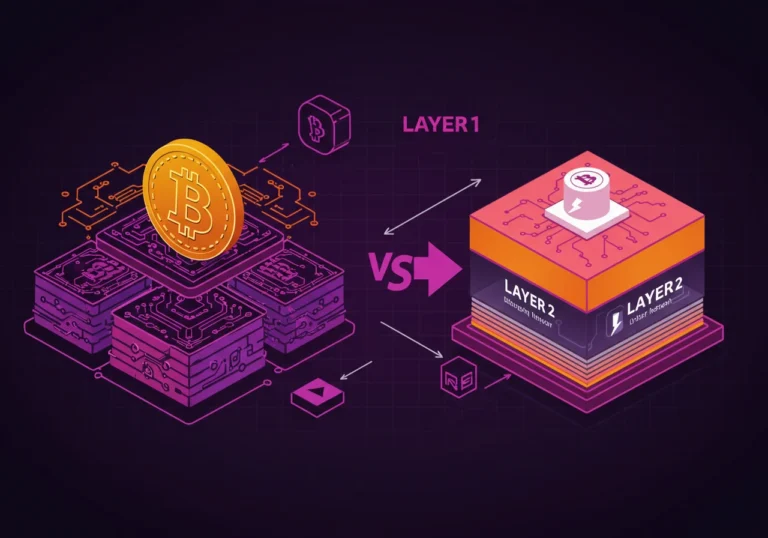Understanding Crypto Privacy: Why It’s More Important Than Ever

You know that awkward moment when someone’s peeking at your phone screen while you’re texting? That instinct to pull it away and say, “Hey, that’s private”? That’s exactly how I felt when I realized Bitcoin isn’t nearly as anonymous as I once assumed.
Here’s something that might catch you off guard: every Bitcoin transaction you make is permanently stored—and publicly visible. Not just to your bank or a service provider, but to anyone who knows where to look. Imagine your entire financial history pinned to a digital bulletin board that never comes down. Wild, right?
What Is Crypto Privacy, Really?
When I first got into cryptocurrency, I thought crypto privacy meant my money was completely hidden from everyone. Boy, was I wrong. It’s actually about keeping your financial life private online – kind of like drawing the curtains so your neighbors can’t see what you’re doing inside your house.
Here’s the thing: Bitcoin and many other cryptocurrencies work on something called a blockchain. Picture it as a giant notebook that everyone can read. Every time you send or receive money, it gets written down in this notebook. And once it’s there? It stays there forever.
The tricky part is that while your name isn’t directly attached to your transactions, your wallet address is. And trust me, with enough digging, someone can connect that address to you. It happened to a friend of mine who bought some Bitcoin to pay for a VPN service. Next thing he knew, he was getting targeted ads for all sorts of tech products. Coincidence? I don’t think so.
Why Should You Care About This Now?
Look, I get it. You might be thinking, “I’ve got nothing to hide, so why should I worry?” But here’s the deal – privacy isn’t about hiding shady stuff. It’s about keeping your business… well, your business.
Think about it this way. Would you be comfortable if everyone at your local coffee shop knew exactly how much money you have in your bank account? Or if they could see every purchase you’ve made in the last year? Probably not. Yet that’s essentially what happens when you use regular cryptocurrencies without taking any privacy precautions.
And it’s not just about nosy people. Companies are getting really good at tracking crypto transactions to build profiles about users. Governments are watching too. Plus, there are hackers out there who specifically target people with lots of crypto. Knowing how to protect your wallet address from being tracked isn’t paranoia – it’s just being smart.
The Privacy Coins That Actually Work
So what can you do about it? Well, some smart folks created what we call privacy coins. These are cryptocurrencies designed from the ground up to keep your transactions private. The best privacy coins for untraceable transactions actually do what Bitcoin promised but couldn’t deliver.
Monero vs Zcash Privacy Comparison

Let me break down the two big players in the privacy coin world:
Monero is like the Fort Knox of privacy coins. When you use Monero, nobody can see how much you sent, who you sent it to, or how much you have. It’s private by default, which means you don’t have to remember to flip any switches or change any settings. Everything just works privately out of the box.
Zcash takes a different approach. It gives you the option to make transactions private or public. Kind of like having a convertible car – sometimes you want the top down, sometimes you don’t. The privacy is strong when you use it, but here’s the catch: most people don’t bother turning on the privacy features. Go figure.
Between the two? If you really want privacy, Monero is your best bet. But Zcash has its place too, especially if you sometimes need transparent transactions for business purposes.
The Mixing Controversy
Now, let’s talk about something that makes people nervous: crypto mixers. These services basically take your coins, mix them with other people’s coins, and give you back different coins. It’s like going to a casino, exchanging your bills for chips, playing for a bit, then cashing out with different bills.
But here’s the million-dollar question: Is using a crypto mixer a criminal offense?
The answer isn’t as straightforward as you’d hope. Using a mixer itself isn’t illegal in most places. People use them for perfectly legitimate reasons – maybe they don’t want their employer knowing they donate to certain charities, or they’re buying a surprise gift and don’t want their spouse to see the transaction.
But – and this is a big but – mixers have gotten a bad reputation because criminals use them too. Some governments are cracking down hard. Just last year, several mixer services got shut down. So if you’re thinking about using one, make sure you understand the laws where you live. And maybe ask yourself if a privacy coin wouldn’t be a better solution anyway.
Finding Safe Exchanges
Here’s something that drives me up the wall: most crypto exchanges want to know everything about you. They want your ID, your address, sometimes even a selfie holding your passport. It’s called KYC (Know Your Customer), and while I understand why they do it, it kind of defeats the purpose of crypto privacy, doesn’t it?
This brings up an important question: Are no-KYC crypto exchanges safe to use?
I’ve tried a few, and honestly? It’s a mixed bag. Some are perfectly fine – they’ve been around for years and have good reputations. Others… well, let’s just say I wouldn’t trust them with my lunch money. The lack of regulation means you’re taking a bigger risk. No safety net if something goes wrong.
If you do go the no-KYC route, start small. Don’t put in more than you can afford to lose. Check what other users are saying online. And for the love of all that’s holy, don’t keep your coins on the exchange. Get them into your own wallet ASAP.
Choosing the Right Wallet
Speaking of wallets, not all of them are created equal when it comes to privacy. You want to know what is the most anonymous cryptocurrency wallet? Well, it depends on what coin you’re using.
For Bitcoin, wallets like Wasabi and Samourai have built-in privacy features. They automatically do things like change your addresses and can even mix your coins for you. Pretty neat stuff.
For Monero, Cake Wallet is solid. It’s simple enough that my tech-challenged cousin could use it, but powerful enough to keep your transactions private.
The key thing? Whatever wallet you choose, make sure it doesn’t collect data about you. Some wallets track everything you do and sell that info. Read the privacy policy. I know it’s boring, but it’s worth it.
Government Rules and What They Mean
Governments and crypto privacy have a… complicated relationship. On one hand, they say they need to track transactions to stop bad guys. On the other hand, regular folks like us just want some financial privacy. The impact of government regulation on crypto privacy has been huge, and it’s only getting bigger.
Some countries have banned privacy coins entirely. Others require exchanges to collect tons of information about users. And don’t even get me started on the tax reporting requirements.
But here’s what I’ve learned: fighting the system usually doesn’t work. Instead, work within it. Use the privacy tools that are legal where you live. Keep good records for tax purposes. And stay informed about changes in the law. The landscape changes fast in crypto land.
Table of Contents
Simple Ways to Stay Private
Alright, so how do you actually enhance crypto privacy without becoming some kind of tech wizard? Here are the ways to improve transaction privacy on Bitcoin and other cryptos that actually work:
First off, never reuse addresses. I made this mistake when I started. Used the same Bitcoin address for everything. Big mistake. Most wallets can generate new addresses automatically – use that feature.
Second, consider using a VPN when accessing your crypto accounts. It’s an extra layer of protection that’s worth the few bucks a month.
Third, if you’re serious about privacy, just use a privacy coin. Yeah, Bitcoin is the big name everyone knows, but sometimes the popular choice isn’t the best choice. Monero just works, no fuss, no complicated setup.
And here’s a tip I wish someone had told me earlier: keep your crypto activities separate from your regular online life. Use different email addresses, different usernames, maybe even a separate computer if you’re really serious about it.
Wrapping It All Up
Look, I’m not saying you need to become some kind of crypto ninja hiding in the shadows. But taking basic steps to protect your privacy? That’s just common sense in today’s world.
Remember:
- Crypto privacy isn’t about hiding illegal stuff – it’s about keeping your financial life private
- Bitcoin isn’t private, but there are coins that are
- Monero beats Zcash for privacy in most cases
- Mixers aren’t necessarily illegal, but they’re risky
- No-KYC exchanges can work, but be careful
- Choose wallets that respect your privacy
- Stay informed about regulations in your area
- Take simple steps to protect yourself
The bottom line? Your financial privacy matters. Whether you’re buying coffee or saving for retirement, you have the right to keep that information to yourself. And with the right tools and knowledge, you can.

Hello, I’m Edmilson Dias, founder of CoinBringer. I created this platform to guide people through the fast-moving world of cryptocurrency with clarity and safety. With years of research in blockchain and digital security, my goal is to translate complex topics into practical knowledge, offering reliable tutorials, safety insights, and guidance for both newcomers and experienced users.
Discover more from CoinBringer
Subscribe to get the latest posts sent to your email.







